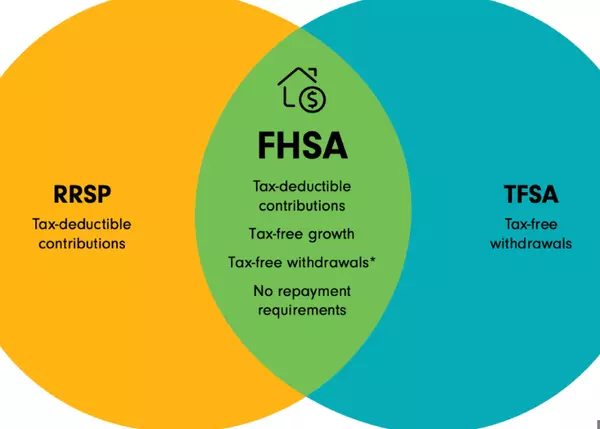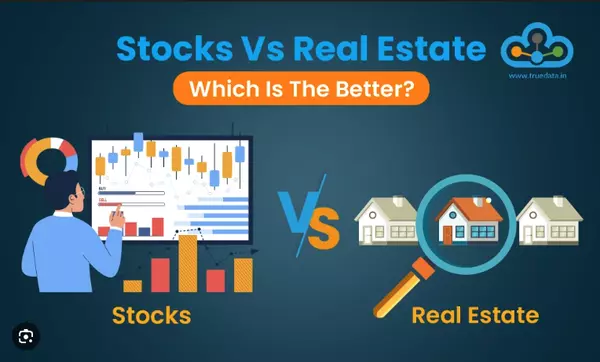Understanding Real Estate Commissions: What You’re Really Paying For
Understanding Real Estate Commissions: What You’re Really Paying For
Introduction
Let’s face it—“How much do you charge?” is usually the first question a seller asks a real estate agent. And fair enough. When you’re selling what’s likely your biggest asset, you want to understand where every dollar is going.
But here’s the truth: most people don’t actually know what real estate commissions cover—or how they work. In this guide, we’re pulling back the curtain on commissions: who pays them, how they’re split, what they include, and why the right agent is worth every penny.
What Is a Real Estate Commission?
A real estate commission is a fee paid to real estate professionals for representing a buyer or seller in a transaction. It’s typically structured as a percentage of the final sale price, and is agreed upon in writing before the home is listed.
Who Pays the Commission?
In most resale transactions, the seller agrees to pay the commission, which is then divided between the listing agent and the cooperating agent who brings the buyer. While this is common practice, commission structure and payment terms are fully negotiable between the seller and the listing brokerage.
It’s important to understand: real estate professionals only get paid when a transaction successfully closes.
Is Commission Negotiable?
Yes. In Canada, real estate commission rates are not fixed or standardized. All commission amounts are 100% negotiable between the seller and the real estate brokerage. You are free to discuss and agree on any compensation structure that works for both parties.
Some sellers negotiate different rates based on services offered, property type, or dual agency scenarios. The key? Know what you're getting for the fee you're agreeing to.
What Does a Real Estate Commission Actually Cover?
This is where many sellers are surprised. Commission isn’t just about putting a home on the MLS—it often includes a full suite of professional services, such as:
- Professional photography and videography
- Online and print marketing campaigns
- MLS listing with syndication across major platforms
- Social media ads and promotional materials
- Open house planning and execution
- Buyer communication and showing coordination
- Pricing strategy and market analysis
- Offer negotiation and paperwork
- Transaction management through to closing
Behind the scenes, your agent is also advising, problem-solving, and negotiating to maximize your final sale outcome.
Why It’s Often Worth It
Some sellers hesitate at the idea of paying commission—until they realize what’s at stake. A skilled agent often:
- Sells the home faster
- Protects you from legal and financial risk
- Nets you more in the final sale, even after fees
- Reduces stress by managing every moving part
Think of commission not just as a cost—but as an investment in your result.
Real Estate Commission Myths Debunked
“Agents just throw it on MLS and wait.”
Not true—at least not if you’ve hired the right one. A good agent uses professional marketing, negotiation, and strategy to create demand.
“Selling privately will save me money.”
Maybe—but not always. Many private sellers end up facing longer time on market, lowball offers, and legal complications. And most end up hiring an agent anyway.
“All agents offer the same service.”
Definitely not. Agents differ in marketing approach, communication, pricing strategy, and negotiation skills. Don’t choose based on fee alone—choose based on value.
Where Does the Commission Go?
Many sellers are surprised to learn that agents don’t keep the full commission they earn.
Here’s why:
- It’s split between two brokerages (listing and buyer side)
- Each agent then splits their portion with their brokerage
- Agents also cover marketing expenses, insurance, licensing, and admin costs
- Plus, they only get paid if and when the sale closes
After everything, a significant portion of that commission is reinvested back into selling your home properly and protecting your interests.
How to Make Sure You’re Getting Your Money’s Worth
Before signing a listing agreement, ask your agent:
- What services are included in your commission?
- How do you approach pricing strategy?
- What’s your marketing plan?
- What is your track record in this area?
- How will you communicate with me throughout the process?
This isn’t just about who charges less—it’s about who delivers more.
Conclusion: Commission Isn’t Just a Fee—It’s Leverage
Real estate commissions aren't one-size-fits-all. They’re a negotiable business agreement between you and your agent. The right agent will not only earn their commission—they’ll help you walk away with a smoother transaction and more money in your pocket.
Before you list, understand what you’re agreeing to—and partner with someone who brings skill, strategy, and clarity to the table.
FAQs
1. Are commission rates fixed or standard in Canada?
No. Commission rates are not standardized and are fully negotiable. Sellers and brokerages are free to agree on any rate and structure.
2. Do I still pay if my home doesn’t sell?
Typically, no commission is owed unless a sale successfully completes, but always review the terms of your listing agreement.
3. Can I negotiate the commission amount?
Yes. You can negotiate both the rate and the services included. Just make sure everything is clearly outlined in writing.
4. What if I find my own buyer?
Some agents may offer adjusted fees in that case—but this must be discussed in advance and specified in your listing contract.
5. What’s included in the commission I pay?
It varies by agent. Many agents include marketing, negotiation, showing coordination, paperwork management, and strategic guidance—but always clarify upfront.Categories
Recent Posts










GET MORE INFORMATION

Agent
